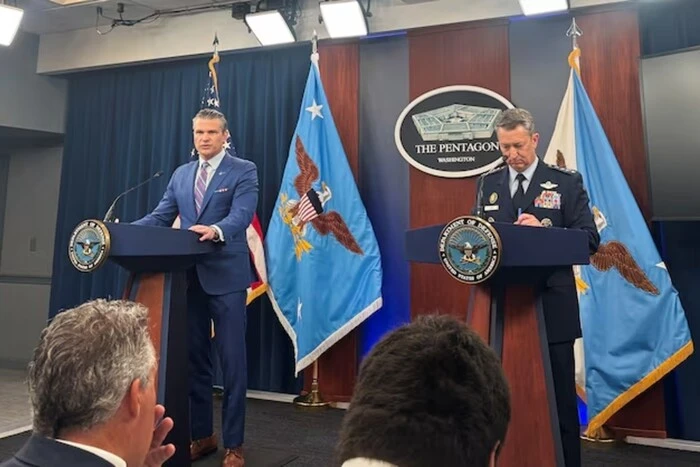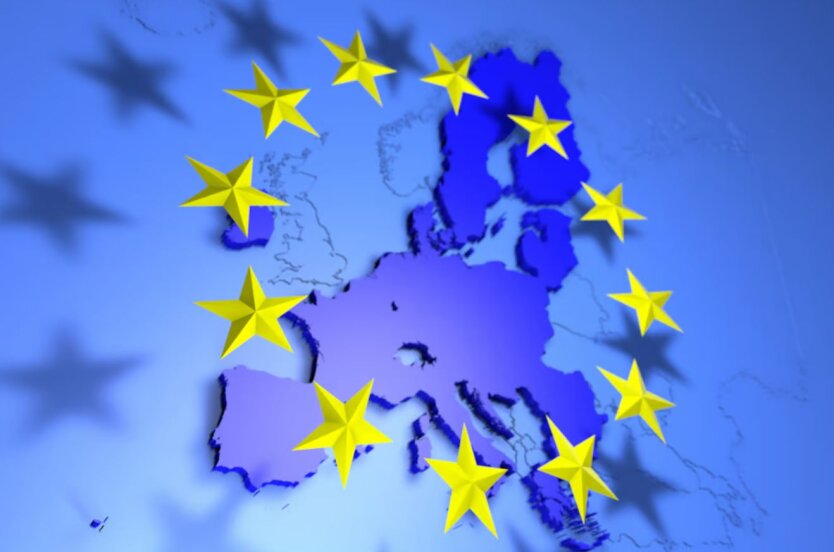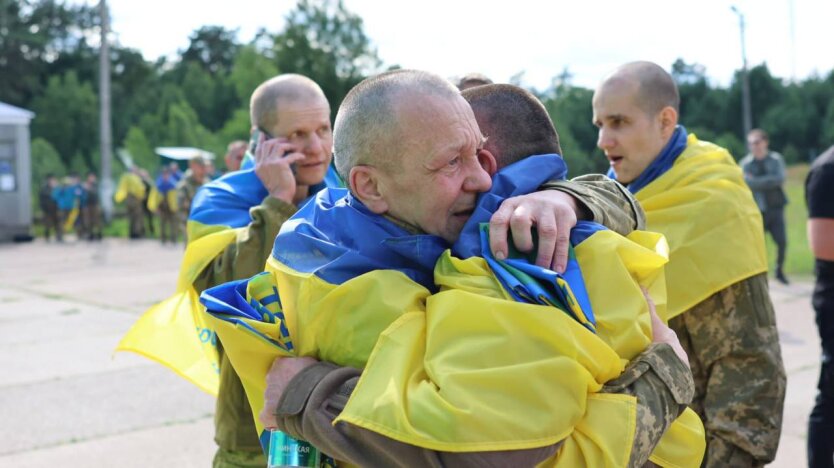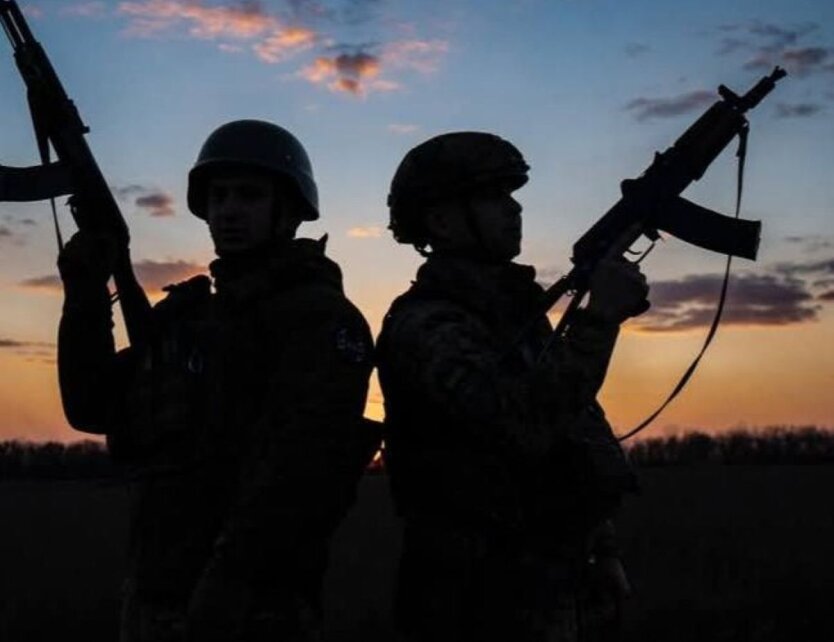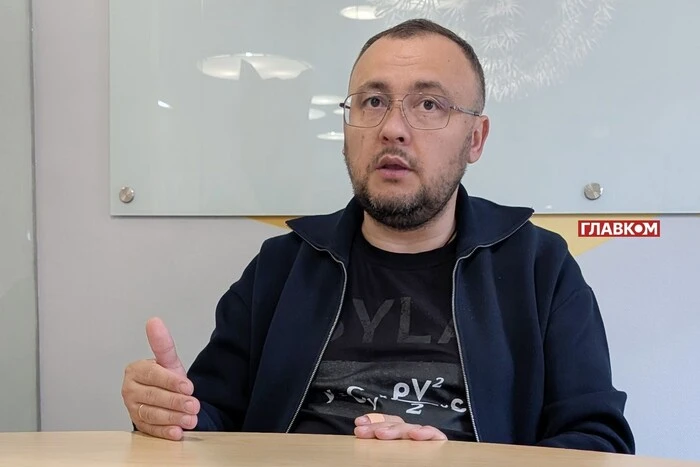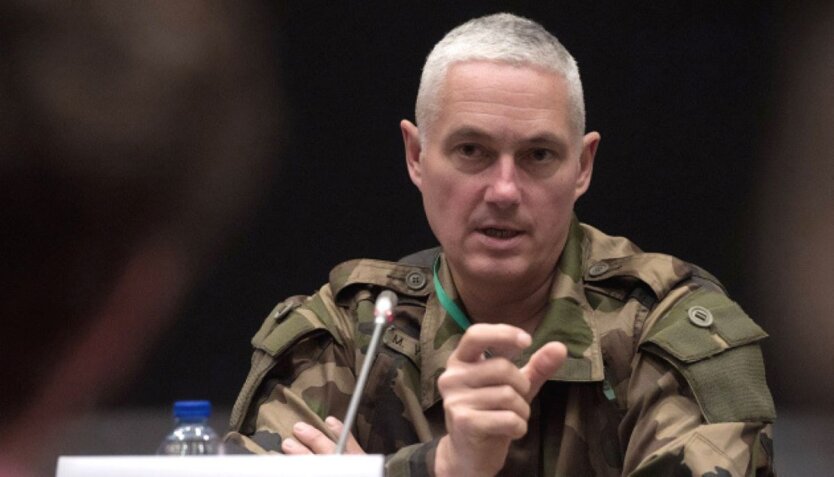Stoltenberg: Putin's nuclear rhetoric should not stop aid to Ukraine.

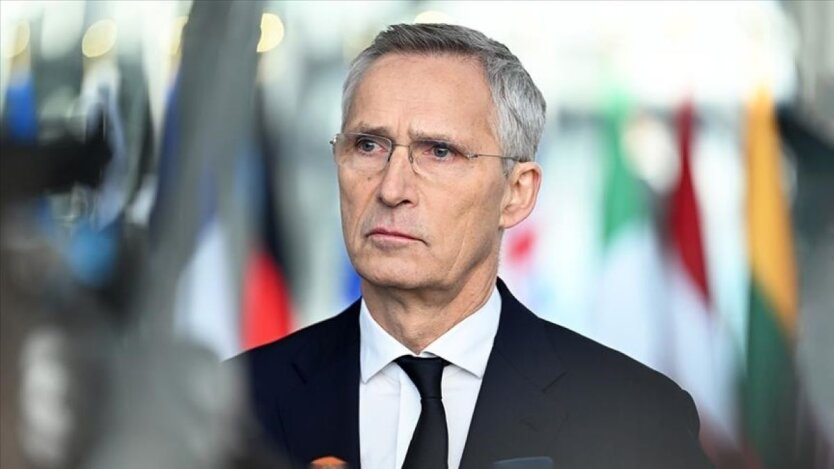
NATO Secretary General Jens Stoltenberg stated that NATO members should not shy away from providing additional military aid to Ukraine due to Vladimir Putin's "reckless nuclear rhetoric."
Stoltenberg said this in an interview with Reuters on Monday.
We observe a pattern of reckless Russian nuclear rhetoric and messaging, and this fits into that pattern.
Stoltenberg responded to Putin's recent statement that Russia may use nuclear weapons in case of a conventional missile strike on it. Putin also noted that Moscow would consider any attack supported by a nuclear state as a joint attack.
"Every Time we strengthened our support with new types of weapons - combat tanks, long-range systems, or F-16s - the Russians tried to obstruct us," Stoltenberg remarked. "They did not succeed, and this latest example should also not hinder NATO allies from supporting Ukraine."
Stoltenberg emphasized that NATO has not detected any changes in Russia's nuclear posture "that require any changes from our side."
The former Prime Minister of Norway also stated that the greatest risk for NATO would be Putin's victory in Ukraine. "Then the message will be that when he used military force, and also when he threatened NATO allies, he gets what he wants, and this makes us all more vulnerable," he said.
Let us remind you that Putin's advisor Karaganov called for nuclear bombings of Europe, while renting an apartment in Berlin.
Read also
- The Pentagon responded to whether the States have information about Iran's hidden uranium stockpile
- EU Summit: What was decided regarding sanctions against the Russian Federation, negotiations with Ukraine on accession, and financial support
- Another stage of prisoner exchange: Ukrainians who had been in Russia for over three years have returned home
- Rear regions created a strategic reserve for the groupings 'Khortytsia' and 'Tavriya' - OP
- Who stopped the exhumation? Ambassador reported the details of the information diversion arranged by Russians in Poland
- NATO General Explains How the 'Korean Model' Could Work in Ukraine

